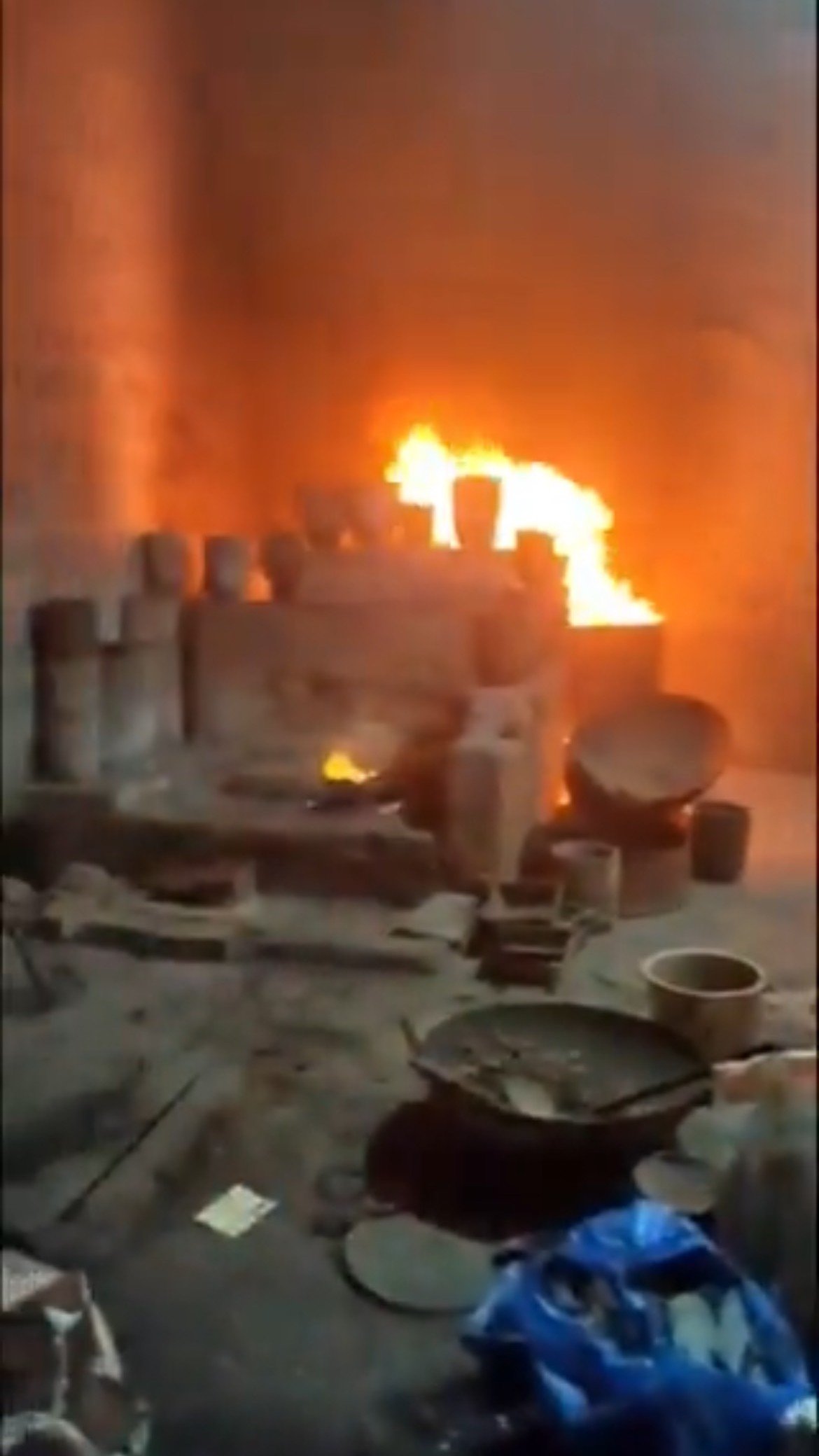Mumbai: BMC’s Inaction On Illegal Bhattis In Chandivali Frustrates Residents, Who Now Demand Strict Action
The persistent air pollution plaguing various parts of Mumbai continues to exacerbate health issues among residents, yet the BMC appears indifferent to the escalating crisis. In areas like Saki Naka’s Chandivali, Kherani Road (L Ward), which has become a notorious hub for illegal furnaces (bhattis), authorities have failed to address the growing menace.
The residents alleged that the area harbours approximately 70 to 80 illegal furnaces, primarily concentrated along Kherani Road. These furnaces are contributing significantly to the severe air pollution, which has resulted in a rise in respiratory diseases among the local population.
See Photos of the severe air pollution caused due to illegal bhattis
Illegal Bhattis responsible for severe air pollution | FPJ

Illegal Bhattis responsible for severe air pollution | FPJ

Illegal Bhattis In Chandivali | FPJ
Mandeep Singh Makkar, president of the Chandivali Citizens Welfare Association (CCWA), said, “Former BMC commissioner Iqbal Chahal had promised to establish an anti-pollution flying squad in each ward, yet it remains a mere promise on paper.”
Makkar added, “The Maharashtra Pollution Control Board (MPCB) and the BMC have failed miserably in controlling air pollution. As an eyewash, the BMC occasionally takes action against illegal furnaces, only for them to be back in operation within a day. Until the civic body invokes criminal penal provisions, the guidelines they issue are merely symbolic. We urge them to invoke section 268 of the Indian Penal Code, 1860, which defines public nuisance, and section 290, which makes public nuisance punishable.”
He said chief minister Eknath Shinde, who is also the environment minister, is responsible for overseeing this portfolio, yet he is ignoring crucial issues. Complaints were received from Yadav Nagar on Kherani Road, where residents living around these bhattis are facing severe lung issues.
“Locals are reluctant to raise their voices against the polluters due to fear of intimidation by goons or concerns about future repercussions,” Makkar said.
Anil Sonkar, a member of the CCWA, said, “This is a sizeable business in the area. If this area is designated as a residential zone, why do industrial zones continue to receive permits? The authorities have granted permission for high-rise buildings, yet there is no effective control over the pollution menace. It’s all just a paper exercise; we have been trying to raise this issue for seven years without any tangible results.”
Meanwhile, a study by the Bombay Action Environmental Group (BEAG) has revealed that bakeries are the third-largest source of air pollutants in Mumbai, mainly due to their reliance on scrap wood as a fuel source. According to the survey, 47.1% of the 200 bakeries sampled in August 2023 were using scrap wood as fuel, which not only contributes to harmful pollutants like PM2.5 and PM10 but also emits carcinogenic volatile organic compounds (VOCs).
The study found that scrap wood, which is often used as a cheap alternative to electricity, is not only a false economy but also a major contributor to air pollution.
Images are for reference only.Images and contents gathered automatic from google or 3rd party sources.All rights on the images and contents are with their legal original owners.


Comments are closed, but trackbacks and pingbacks are open.